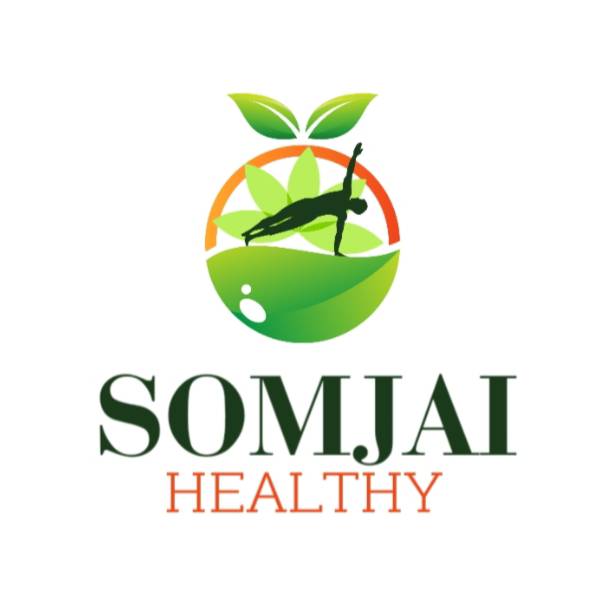Uncategorized
Decoding the Dynamics: A Comparative Analysis of Local vs. Global Online Gambling Market Shares
Introduction
For industry analysts specializing in IT and online gambling, understanding the competitive landscape between local gambling markets and global players remains critical. The rapid evolution of digital platforms and the emergence of new technologies continuously reshape market dynamics. A comparative analysis of local gambling market shares versus global competitors offers valuable insights into growth trajectories, technological adoption, regulatory influences, and consumer preferences. This knowledge equips analysts to forecast trends, evaluate strategic positions, and recommend optimal investment directions in the digital gambling ecosystem.
Market Share Distribution: Local Markets in the Global Context
Local gambling markets often present a unique ecosystem shaped by regional regulations, cultural attitudes towards betting, and technology infrastructure. In contrast, global competitors leverage scale, advanced analytics, and extensive user bases. Quantitatively comparing market shares requires granular data on user engagement, revenue generation, and platform penetration. For example, local operators may dominate in jurisdictions with stringent licensing or specific cultural preferences but face challenges scaling beyond national borders.
Conversely, global entities employ sophisticated cloud architectures, AI-driven personalization, and robust cybersecurity measures, enabling them to capture expansive market footprints. Evaluative models that contrast these approaches reveal how technology adoption levels directly influence market dominance, especially in cross-border onlines platforms.
Technological Innovation and Platform Sophistication
One of the primary factors that drive the competitive advantage for global gambling operators is technological innovation. High-performance backend systems, machine learning models for responsible gambling, fraud detection algorithms, and seamless user interface design contribute to richer user experiences and higher retention rates. Local market players must invest strategically in similar technologies to remain competitive.
Moreover, the integration of blockchain technologies, cryptocurrency payments, and decentralized gaming platforms is altering how value is transacted and perceived globally. Analysts must assess how local markets adapt to or resist these innovations relative to global industry leaders. In this regard, platforms like betriot casino showcase emerging trends by integrating novel features while addressing local regulatory compliance.
Regulatory Environment and Its Impact on Market Share
Regulatory frameworks significantly impact the competitive balance between local and global gambling markets. Local legislation may limit foreign operator participation or impose onerous taxation, which can hinder global players’ market share expansion. Conversely, regulatory clarity and digital licensing frameworks can stimulate local market growth and attract international operators.
Analyzing these regulatory nuances is indispensable for industry analysts attempting to evaluate potential market shares and scalability. The regulatory landscape’s complexity often demands adaptive IT infrastructures capable of modular compliance management and real-time reporting to regulators.
Consumer Preferences and Localization Strategies
Consumer behavior varies markedly between localized markets and global platforms. Local operators tend to excel in tailoring game offerings, payment methods, and customer support to fit regional cultural contexts and language preferences. In contrast, global competitors rely on scalable customization powered by AI-driven analytics to adjust offerings dynamically across geographies.
Data-driven localization strategies, including real-time sentiment analysis and behavioral data mining, enable operators to anticipate consumer trends and enhance engagement. Industry analysts must evaluate the efficacy of these strategies to understand which sector—local or global—more effectively captures user loyalty and monetization opportunities.
Conclusion and Strategic Recommendations
The comparative analysis of local gambling market share against global competitors reveals a multifaceted interplay of technology adoption, regulatory conditions, and consumer-centric strategies. Global operators maintain an edge through technological sophistication and expansive reach but often face barriers in localized regulatory environments and cultural nuances. Local markets leverage regional expertise and compliance agility but must continuously innovate technologically to defend market share.
For IT-focused industry analysts, it is recommended to prioritize the following:
- Deep-dive into technology stack assessments to benchmark local platforms against global standards.
- Monitor regulatory developments closely, deploying adaptive IT compliance modules to forecast market accessibility.
- Analyze consumer data with advanced analytics to identify localization opportunities and user behavior changes.
- Study hybrid models exemplified by innovative platforms like betriot casino that successfully integrate local compliance with global technological trends.
By synthesizing these insights, analysts can provide robust, forward-looking evaluations that support informed decision-making across the online gambling sector.
